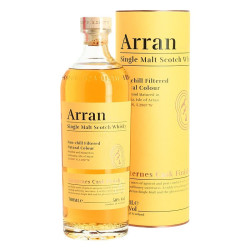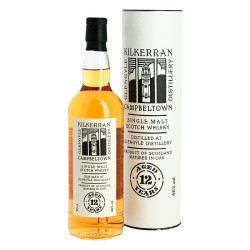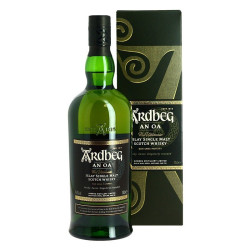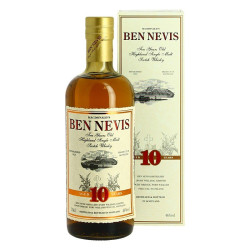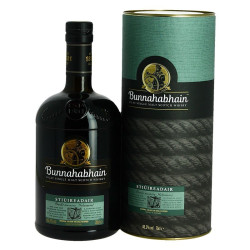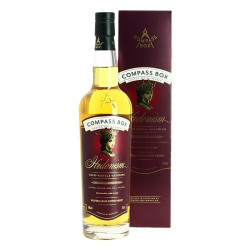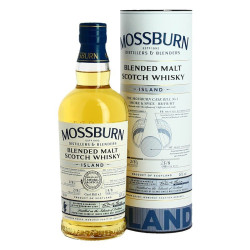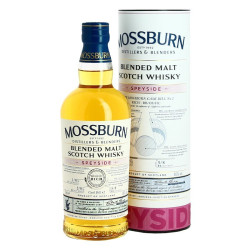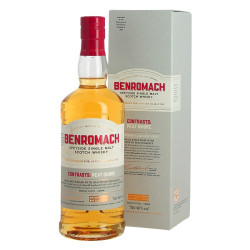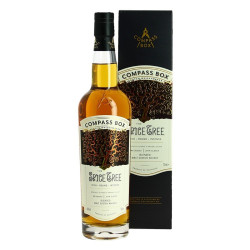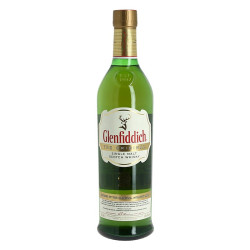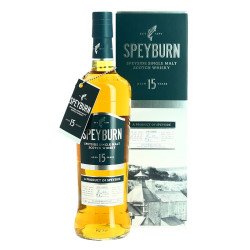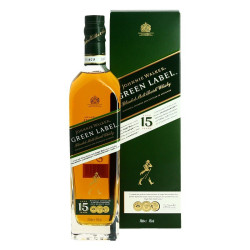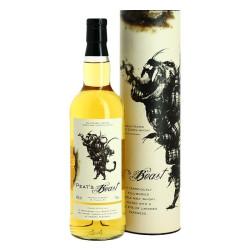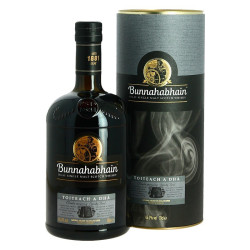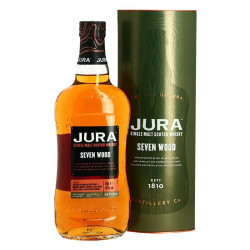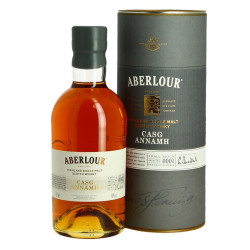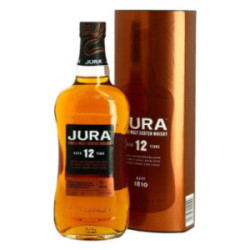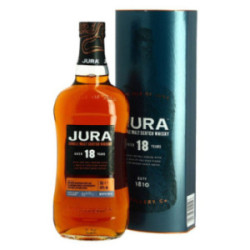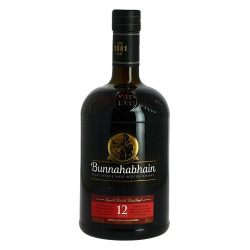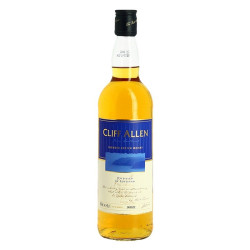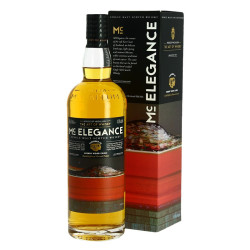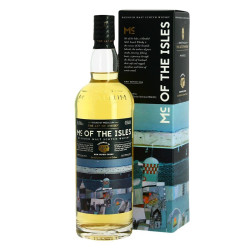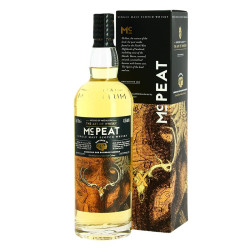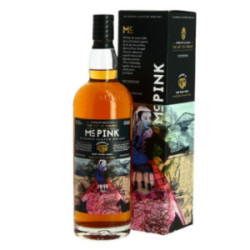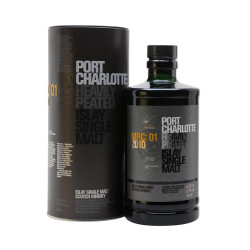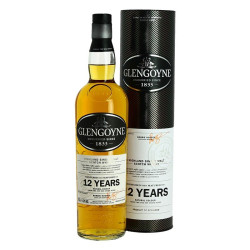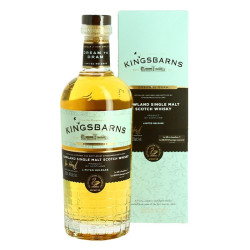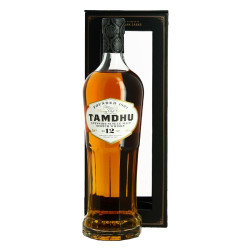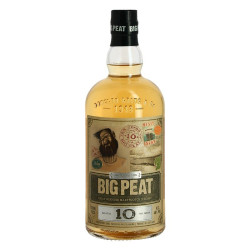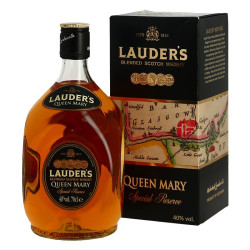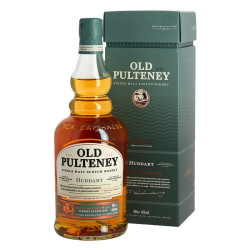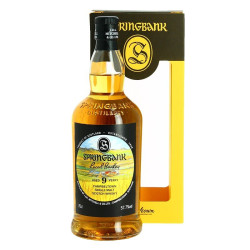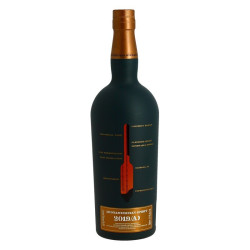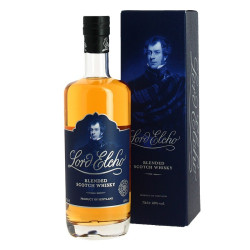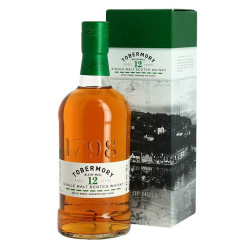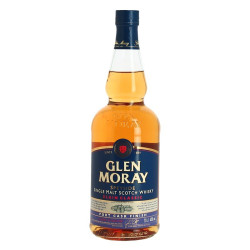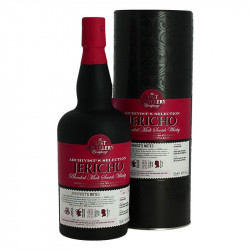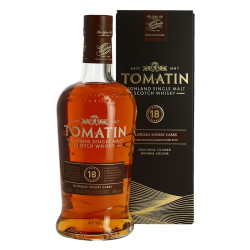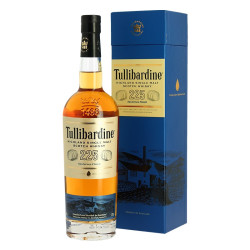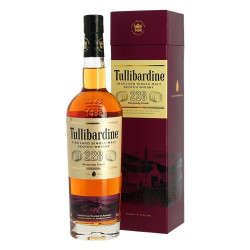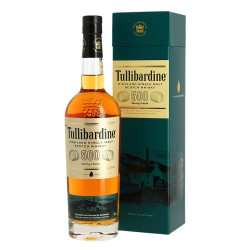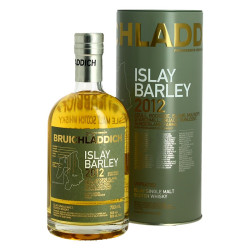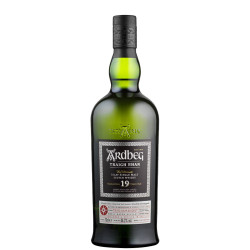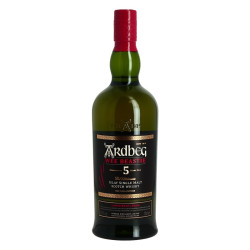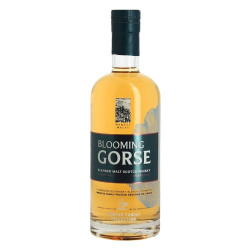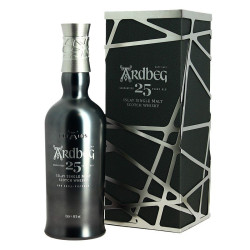- Out-of-Stock

1 Choose your alcohol
Add your products to your basket and checkout, your order will be sent to the store.

2 Enjoy Travelling In Calais
Picking your Goods in our stores in Calais

3 15% Vat Back !!!
Get your Vat Back up to 15% when you return in United Kingdom
Scottish whiskey
Here is the story of Scottish Whiskey and its distilleries
Scottish whiskey. Scotland has almost 100 distilleries on its territory. It is of course the region of the world which concentrates the greatest number of distilleries. This large number of distilleries located on 5 "Terroirs" ensures a wide variety of styles of whiskeys. These 5 production regions are: Campbeltown, the Islands, Islay, the Highlands, the Lowlands, Speyside. Scotland produces 700 million liters of whiskey / year. By dint of seeing whiskeys produced around the world, the Scotch Whiskey Act 1 in 1988 defined the conditions which govern the production of a real Scotch Whiskey. Scotch Whiskey is a spirit made from the distillation of cereal mash. This alcohol must age for at least three years in wooden barrels with a maximum capacity of 700 liters.
The oldest known official document mentioning the production of a brandy in Scotland dates from 1494. The 16th century saw the development of still cooling by water and this technical progress led to a real improvement in the quality of water. life produced.
The first trace of Scottish whiskey
The first record of whiskey in Scotland dates back to 1494. It is an official document to make aqua vitae It is generally considered that the monks of Dal Riada gave the Scots the benefit of their knowledge in the field of distillation when they came to evangelize the Picts of Caledonia.
In the 16th century, the development of water cooling systems. The dissolution of the English and then Scottish monasteries (Henry VIII) led the monks to blend in with the population and to communicate their know-how. While the resale of spirits in Scotland has only been legal for barbers and surgeons since 1505, it has also become a common activity on the farm where surplus grain is distilled.
The Treaty of Union which linked Scotland to England in 1707 imposes the homogenization of taxes between the two countries. It was the kick-off of a rise in smuggling and a confrontation between the illegals and the “Excisemen” responsible for collecting taxes, which lasted until the 19th century. In 1713, the introduction of a malt tax provoked a revolt, weakened the consumption of local beer (produced from malted barley) and favored the domestic production (not subject to the tax) of whiskey. In 1756, a catastrophic harvest led the authorities to ban any distillation on Scottish territory, dealing a further blow to the legal industry which went bankrupt en masse (down 90% to 200,000 liters per year, "private" whiskey then represents ten times more). In 1777 in Edinburgh, there were eight legal distilleries against more than 400 stills. In 1781, in order to curb the phenomenon, domestic distillation was prohibited (until then it was tolerated provided that the whiskey produced was reserved for personal use) and the denunciation was rewarded with a premium. Underground stills often took advantage of this bonus by revealing the location of their old, dilapidated equipment so that they could afford a new one.
At the same time, large legal distilleries set up shop in the Lowlands, producing poor quality alcohol from unmalted grains. The production is in very clear increase and the distillation structure the economic activity of the region, exploiting the coal of the close mines, feeding the cattle with the flow of production and flooding the British market.
In 1784, the Wash Act sought to simplify the tax system in order to make it more efficient. Controls on official distilleries are tightened, production is encouraged in the Highlands by reduced taxes on condition that the production is not exported. In addition, a minimum size of the stills is imposed. With the approach of the industrial revolution, clandestine production intensifies even more in the Highlands while the quality of these whiskeys is considered to be superior to that of the Lowlands.
Distillation only became legal with the Excise Act of 1823.
Ben Nevis 10 Years Old Highlands Single Malt Whiskey 70 cl
Tax FREE
Price
approx
BENROMACH Contrast Peat Smoke Speyside Single Malt Scotch...
Tax FREE
Price
approx
MC of THE ISLES House of Mc Callum Blended Scotch Whiskey...
Tax FREE
Price
approx
- Out-of-Stock
- Out-of-Stock
LAUDER'S Queen Mary Special Reserve Blended Scotch Whiskey
Tax FREE
Price
approx
Tomatin 18 years old Sherry Oloroso Cask Highlands Single...
Tax FREE
Price
approx
TULLIBARDINE 500 Sherry Cask finish Highland Single Malt...
Tax FREE
Price
approx
- Out-of-Stock
BRUICHLADDICH Islay Barley 2012 Islay Single Malt Scotch...
Tax FREE
Price
approx
- Out-of-Stock
ARDBEG Traigh Bhan batch 2 19 YO Islay Single Malt Scotch...
Tax FREE
Price
approx


